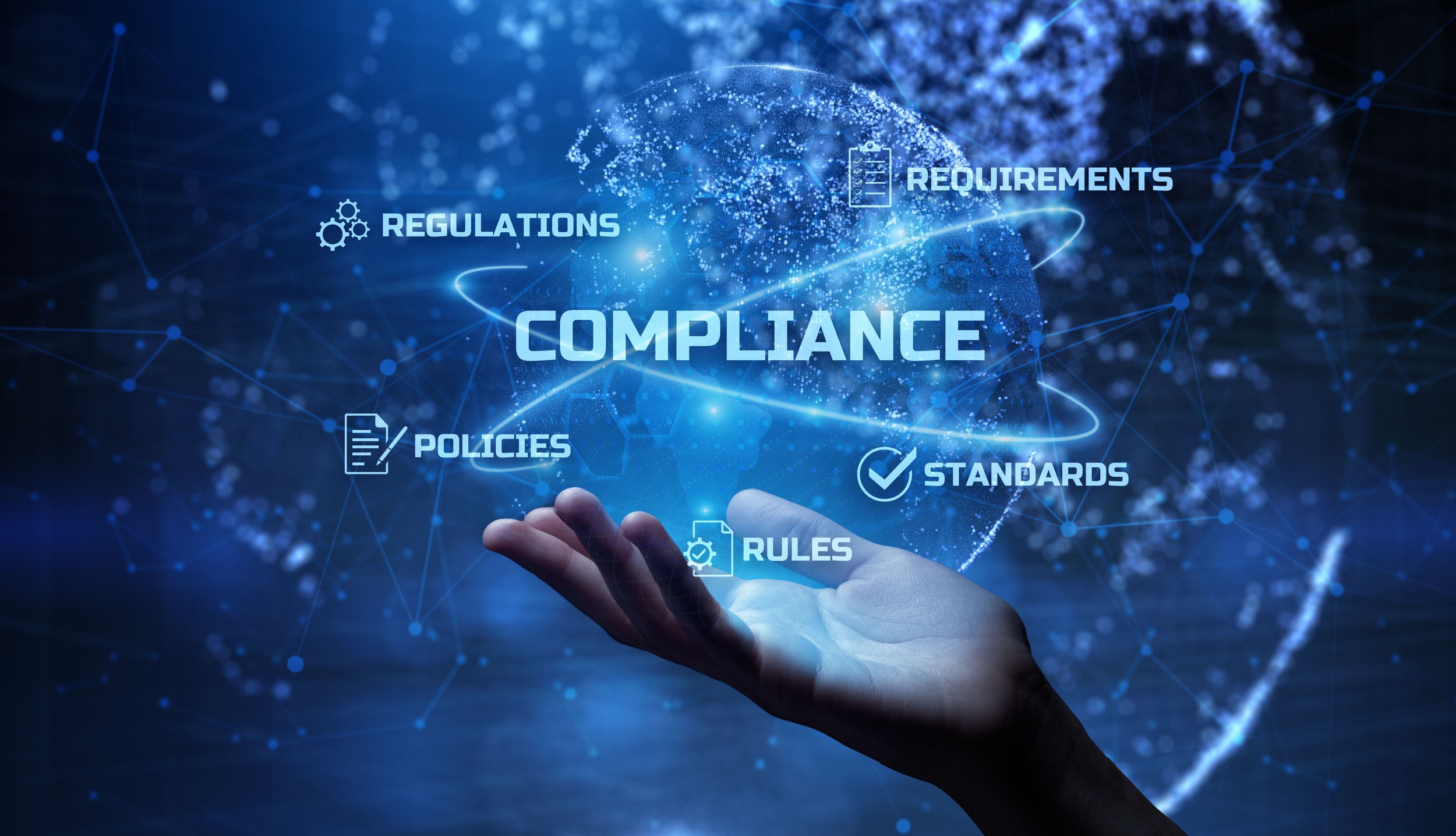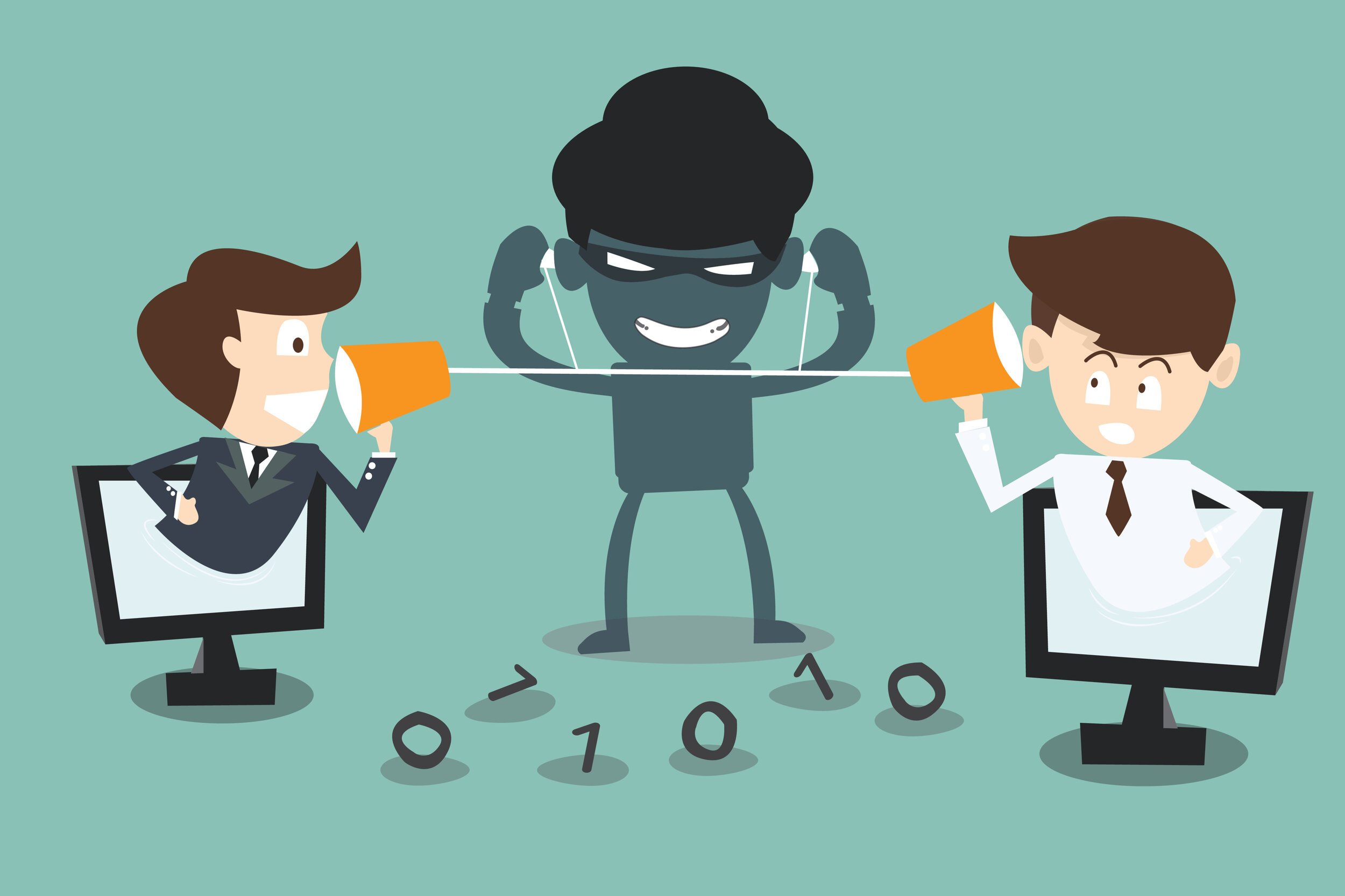MTC/BOLO: 🚨 Cybersecurity Alert: Chinese Hack Exposes Vulnerabilities in Mobile Data 🚨
/A massive Chinese espionage campaign has recently targeted major U.S. telecommunications companies, compromising data from hundreds of thousands of American mobile phone users. This unprecedented cyber assault, dubbed "Salt Typhoon," has affected at least eight major telecom providers, including Verizon and AT&T, ranking among the most extensive intelligence breaches in American history. 📱💻
The Scope of the Breach 🔍
The Chinese hackers exploited weaknesses in the communications networks of top telecommunications companies. They gained access to a vast amount of data, including:
Who mobile phone users were talking to
When conversations took place
User locations
In some cases, audio calls and text messages
Initially focusing on the national capital region, the hackers narrowed their targets to high-profile Americans, including:
Top government officials in the Biden administration
At least one cabinet secretary
A top White House Homeland Security Adviser
President-elect Donald Trump
Vice President-elect JD Vance
Staff of Senator Chuck Schumer
The breach also compromised data about sensitive Department of Justice warrants. 🏛️
Ongoing Threat and Uncertain Timeline ⏳
U.S. officials warn that the breach is ongoing. They cannot confirm that the hackers have been fully removed from the affected networks. The FBI and Cybersecurity and Infrastructure Security Agency (CISA) are still trying to understand the full scope of this activity. There is no clear timeline for when telecommunications companies will be fully secure. 🕵️♀️
Ethical Obligations for Lawyers 📜⚖️
For lawyers and legal professionals, the ethical obligation to protect client data extends beyond general cybersecurity practices. The American Bar Association (ABA) Model Rules of Professional Conduct provide specific guidance on this matter.
1. Duty of Competence 🧠
ABA Model Rule 1.1 requires lawyers to provide competent representation to clients. This includes staying current with technology. Comment 8 to Rule 1.1 explicitly states that lawyers must understand "the benefits and risks associated with relevant technology". This means lawyers must:
Understand the technologies they use in their practice
Stay informed about evolving cybersecurity threats
Implement appropriate security measures
2. Duty of Confidentiality 🤐
Rule 1.6(c) mandates that lawyers "make reasonable efforts to prevent the inadvertent or unauthorized disclosure of, or unauthorized access to, information relating to the representation of a client". This rule directly applies to electronic communications and data storage. Lawyers must:
Assess the sensitivity of client information
Implement appropriate security measures based on the nature of the data
Regularly review and update security protocols
3. Communicating with Clients 💬
Under Rule 1.4, lawyers have a duty to communicate with clients about the means by which their objectives are to be accomplished. This includes discussing:
Risks associated with various communication methods
Potential need for enhanced security measures
Client preferences regarding communication methods
Recommendations for Securing Mobile Data 🔒
In light of this breach and to meet ethical obligations, lawyers, their clients, and the general public should take the following steps to secure their mobile data:
1. Use Encrypted Communication Apps 🔐
U.S. officials strongly recommend using encrypted communication apps like Signal. These apps offer end-to-end encryption, making it extremely difficult for hackers to intercept messages or calls.
2. Enable Multi-Factor Authentication (MFA) 🔑
Turn on MFA for all your accounts. This adds an extra layer of security beyond just a password, significantly reducing the risk of unauthorized access.
3. Use Strong Passwords and Biometric Authentication 👆
Create complex, unique passwords for each account. Consider using a password manager. Enable biometric authentication methods like fingerprint or facial recognition where available.
4. Keep Software Updated 🔄
Regularly update your device's operating system and apps. These updates often include critical security patches.
5. Be Cautious with Public Wi-Fi 📶
Avoid using unsecured public Wi-Fi networks. If necessary, use a VPN to encrypt your internet traffic.
6. Only Download Apps from Trusted Sources 📲
Stick to official app stores like Google Play or the Apple App Store. Avoid downloading apps from unknown websites or sources.
7. Implement Device Encryption 🔒
Ensure your device's storage is encrypted. Most modern smartphones offer built-in encryption options.
8. Use Secure Cloud Storage ☁️
Store sensitive documents in secure, encrypted cloud storage services.
See my earlier post: “How too …”: 🔒 Securing Cloud Storage for Lawyers: Best Practices and Ethical Considerations!.
9. Enable Remote Wipe Capabilities 🧹
Set up the ability to remotely wipe your device if it's lost or stolen.
See my earlier post: "How to ....": Enable Remote Wipe Capabilities 🧹 (Mobile Phone📱/Tablet Edition).
10. Be Wary of Phishing Attempts 🎣
Stay alert for phishing emails or messages. Verify the sender's identity before sharing any sensitive information.
Special Considerations for Lawyers 👨⚖️👩⚖️
In some cases, standard security measures may not be sufficient. The ABA Opinion 477R suggests that lawyers may need to take special precautions when:
Handling particularly sensitive client information
Complying with specific client instructions or agreements
In such instances, lawyers might need to employ:
End-to-end encryption for all communications
Multi-factor authentication for all systems
Regular third-party security audits
My Final Thoughts 🏁
The recent and ongoing Chinese hack of major U.S. telecom providers highlights the critical need for robust mobile security measures. For lawyers, maintaining technological competence and protecting client data is not just a matter of good practice—it's an ethical imperative. By staying informed about cybersecurity risks, implementing robust security measures, and communicating clearly with clients about these issues, lawyers can fulfill their ethical obligations and protect their clients' interests in the digital age.
Remember, cybersecurity is an ongoing process. Stay vigilant and regularly review and update your security practices. In today's digital landscape, protecting your mobile data is not just a matter of personal privacy—it's a professional and ethical obligation, especially for those handling sensitive client information. 🛡️📱💼
MTC
















